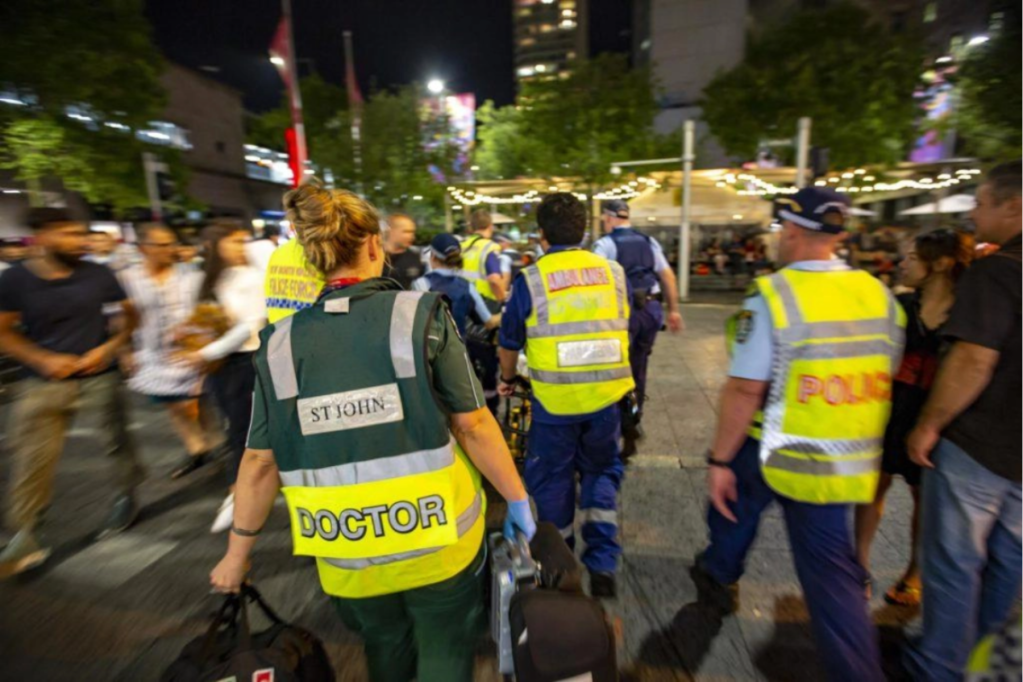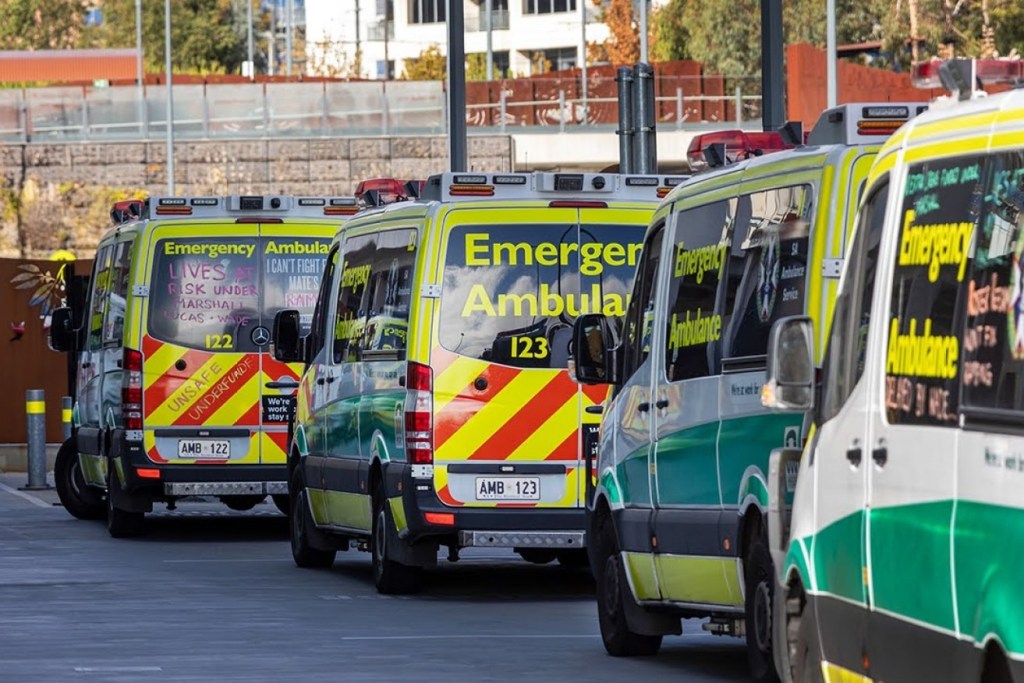Mental illness prevention program for first responders
Flinders University has developed a program aimed at preventing mental illness in emergency service workers, with 39 per cent of first responders diagnosed with a mental illness in their lifetime.

The Protecting Emergency Responders with Evidence-Based Interventions program (PEREI) was launched last year, funded through Movember and the Breakthrough Mental Health Research Foundation.
The program was designed to help emergency responders build skills in their early careers, so their resilience may be improved in a lasting change.
Flinders University partnered with South Australian emergency services to create the program, which works with first responders, their supervisors and loved ones, with over 500 people signing up so far.
Emergency service workers are twice as likely to develop mental illnesses such as Post-Traumatic Stress Disorder, compared to those not in the profession.
Project leader and university professor Reg Nixon said PEREI delivers targeted programs specifically for trauma exposure and stress at work.
“We can build on early career first responders’ skills and resources so that they can draw on these when things aren’t going well and help protect them from the onset of these issues,” he said.
You might like
Project manager and clinical psychologist Dr Marja Elizabeth said the program links evidence-based interventions aimed at all three groups.
“Living with or supporting an emergency responder can impact the entire family and it is important that significant others put their own oxygen masks on as well as provide support,” she said.
“Significant others are often the first people to notice changes in an emergency responder and yet are sometimes unsure as to how to manage these early warning signs.”
A seven-module online program will be available to emergency responders in their first five years under the program to help them develop practical skills to strengthen their resilience and wellbeing.
Flinders University and SAHMRI developed another online program aimed specifically at significant others of emergency workers.

Emergency Service personnel are twice as likely to develop PTSD than those not in the profession. Photo: AAP
Stay informed, daily
Adult family members, partners or close friends of emergency workers can all use the program, through which they will have access to a wellbeing coach to provide them with support both during and after the six-week program.
PEREI will also include training for supervisors of emergency workers, to promote a culture-wide reduction of mental health stigma and encouragement on seeking help.
Breakthrough Mental Health Research Foundation CEO John Mannion said the group was proud to “find ways to protect those who protect us”.
“While there are many rewarding aspects of being a first responder, it is a high-pressure role with increased exposure to traumatic events,” Mannion said.
“We want to help embed strategies that build on first responders’ skills and resources so that they can reduce the impact of trauma and identify earlier interventions and preventative measures.”
The program follows a federal government investment of $4 million to the Black Dog Institute last year to establish a National Emergency Workers Support Service.
Emergency Management Minister Murray Watt said at the time the service would aim to make getting help easier, with an online mental health self-assessment and up to 12 free sessions with a clinical psychologist on offer for emergency service workers.
“We know that responding to relentless natural disasters, along with the pandemic, has no doubt put strain on our emergency service workers,” he said.
“Australians are so grateful for their tireless efforts, which have kept communities safe in times of need, and it’s only right that we ensure they are supported too.”
The PEREI program is being offered by Flinders University until the end of March, and eligible participants who sign up before the end date are guaranteed a place.
To get help 24/7, phone Lifeline on 13 11 14 or the Suicide Call Back Service on 1300 659 467. If you or someone you know are in immediate danger, phone 000 for emergency services.








